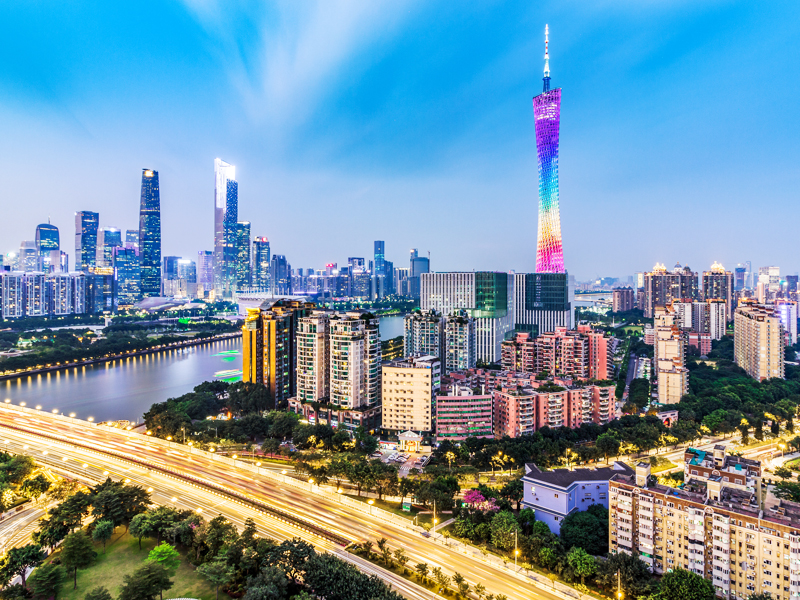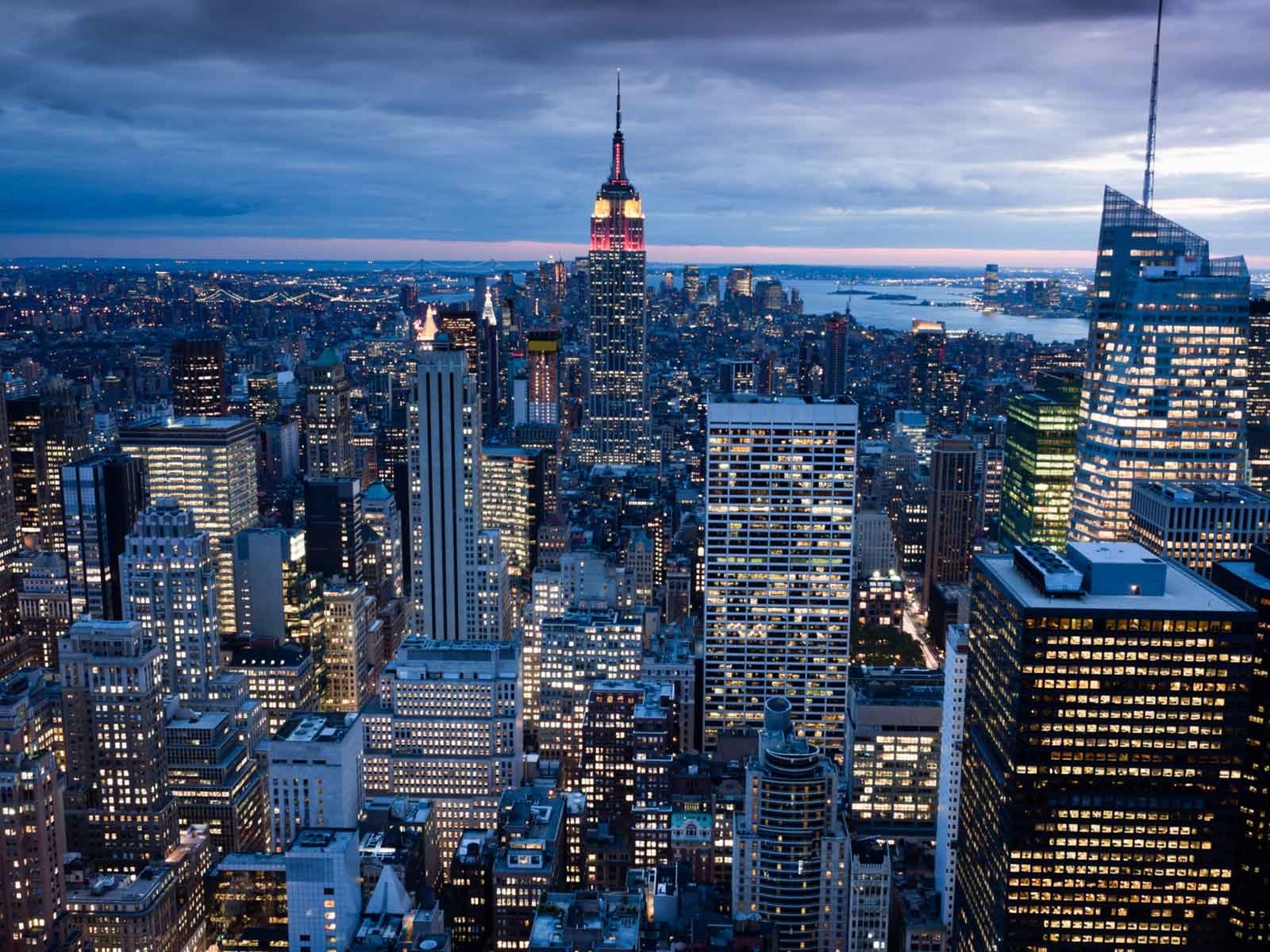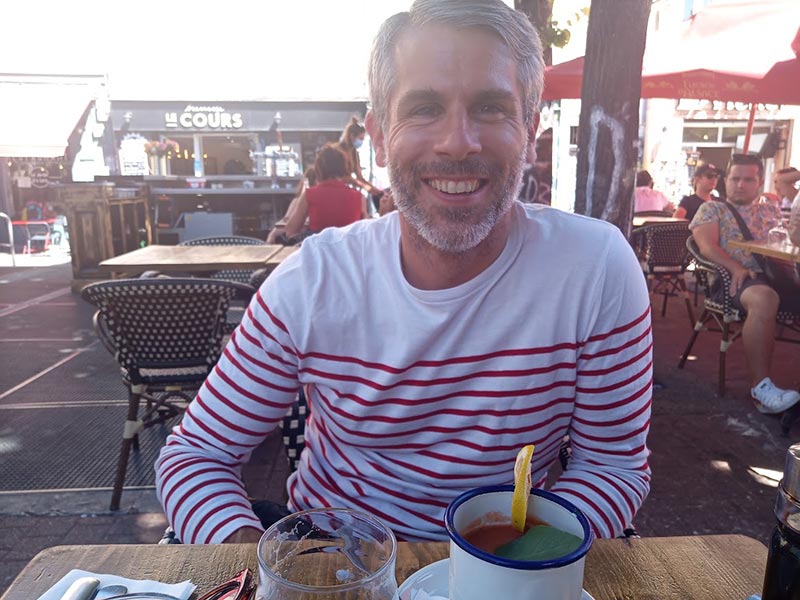
This year marks BSR’s 25th anniversary. While such milestones often prompt a look back (and we are doing a bit of that), this juncture in history is a time to stay firmly focused on the future.
We are living in a time of extraordinary change. Virtually every dimension of business is changing. As I have been reflecting on what these changes mean for the future of all companies, I have zeroed in on three big changes that are flowing together: One of the changes is positive, one is neither inherently good nor bad, and one is problematic.
The first change is that we now have a clear roadmap for sustainable business. The arrival of the Sustainable Development Goals (SDGs) and the Paris Agreement have defined a powerful global agenda for the next decade and beyond. Combined with other significant efforts like the UN Guiding Principles on Business and Human Rights and the Women’s Empowerment Principles, we have universally agreed reference points on the core elements of the sustainability agenda. The question today is not where to go, but how to get there.
Second, every business is experiencing disruptions that are presenting existential questions about the future: What business are we in? Who are our customers and competitors? How do we deliver value? How do we secure the natural resources we need? How do we communicate effectively in an era of hyper-transparency? These questions about the future arise even as competitive pressures in the present are unrelenting.
Third, we are experiencing a time of great political uncertainty. The twin shocks of the Brexit and Trump votes in the U.K. and United States last year are still playing out. Whatever happens, there are some clear lessons for business. First, public policy frameworks supportive of sustainability cannot be assumed, especially when governments have a hard time demonstrating the value of open societies and the global economy amid public anxiety over change. The political earthquakes of 2016 also remind us that the sustainability agenda should focus more on basic economic fairness and demonstrate how attention to climate can deliver innovation, competitiveness, and prosperity that reaches throughout society.
As we look ahead from our 25th year, it is good to see clarity about sustainability objectives, even if the business and political environments are far less certain. I am optimistic: We have a golden opportunity to reorient business around the sustainability agenda—an opportunity to use new technologies, new business models, and new ways of delivering value to achieve the vision of the SDGs and the Paris Agreement. Business can use its voice to demonstrate values-based leadership at a time when many of our elected officials have turned away from open societies, collaboration, and a principles-based approach to governing.
At a time of massive change, the question all of us face is simple: Will we meet this moment?
This is the first in a series of blogs on the occasion of BSR’s 25th anniversary that will explore how to redefine sustainable business.
We will also discuss these ideas at the BSR Conference 2017—stay tuned for registration launch in May and join our mailing list to be the first to receive Conference news and updates.
Topics
Let’s talk about how BSR can help you to transform your business and achieve your sustainability goals.








